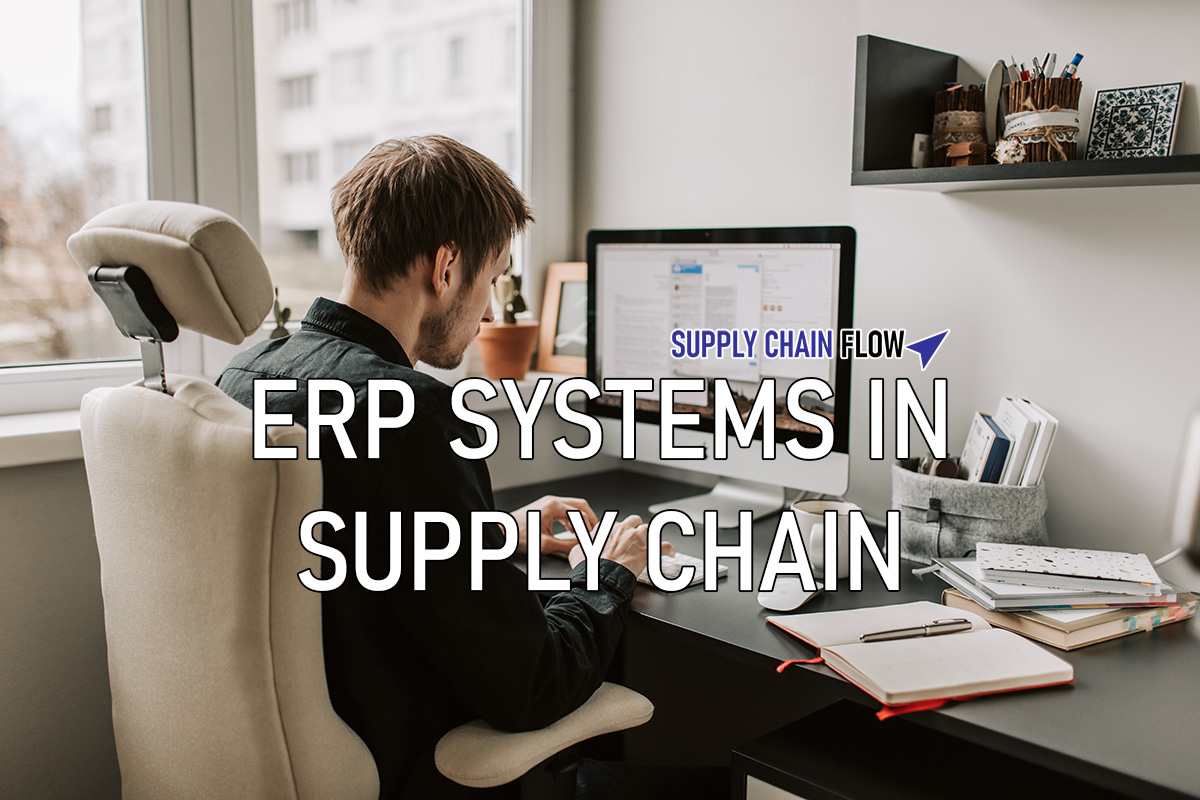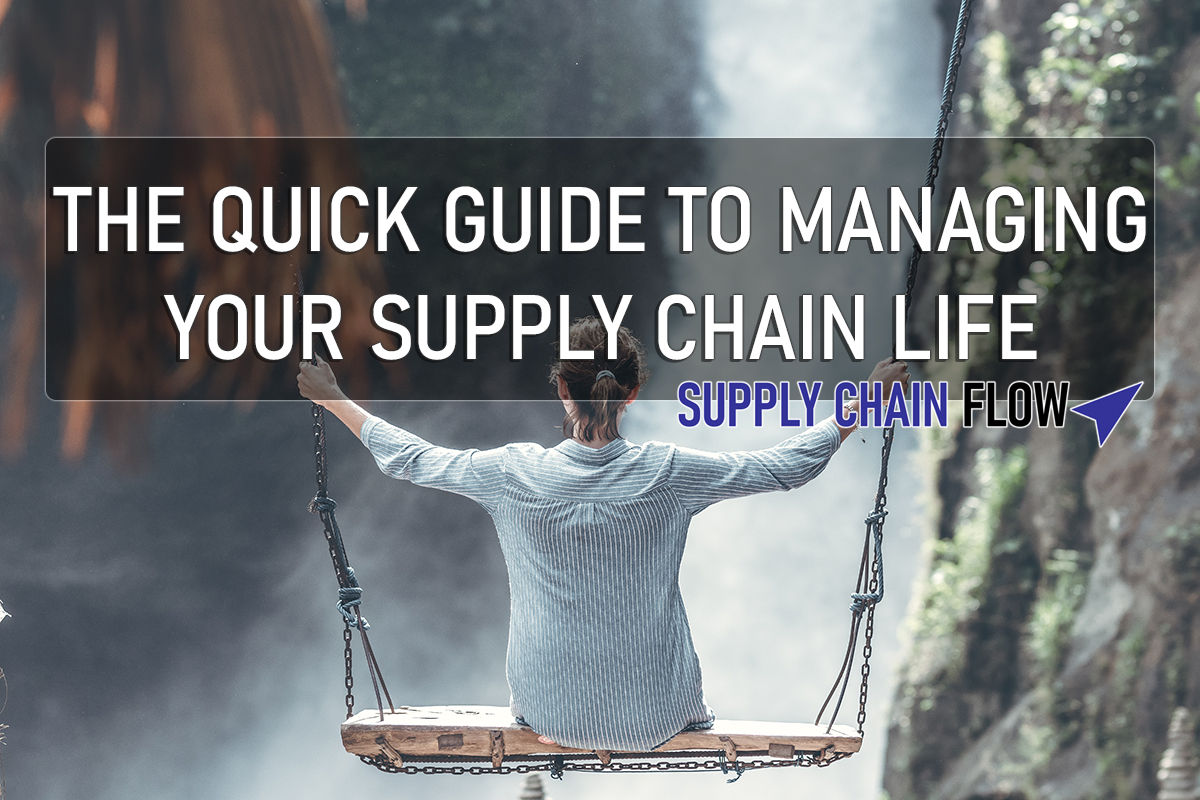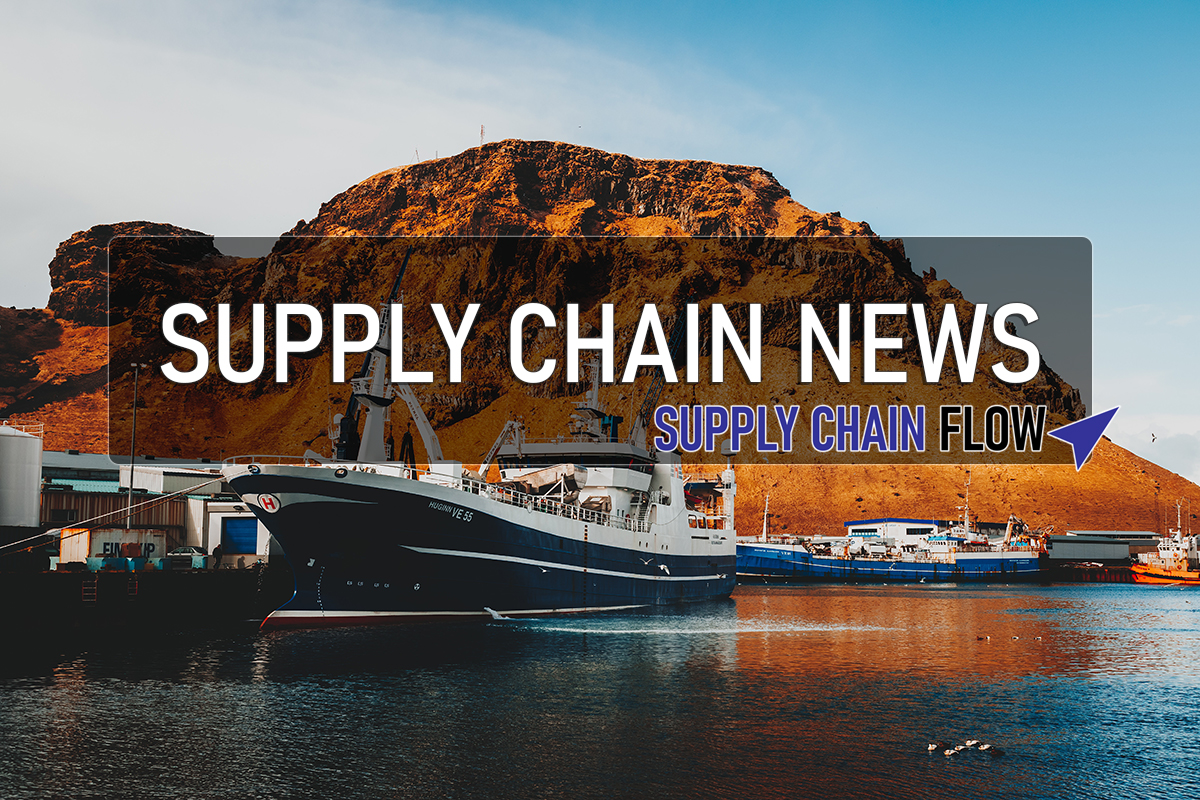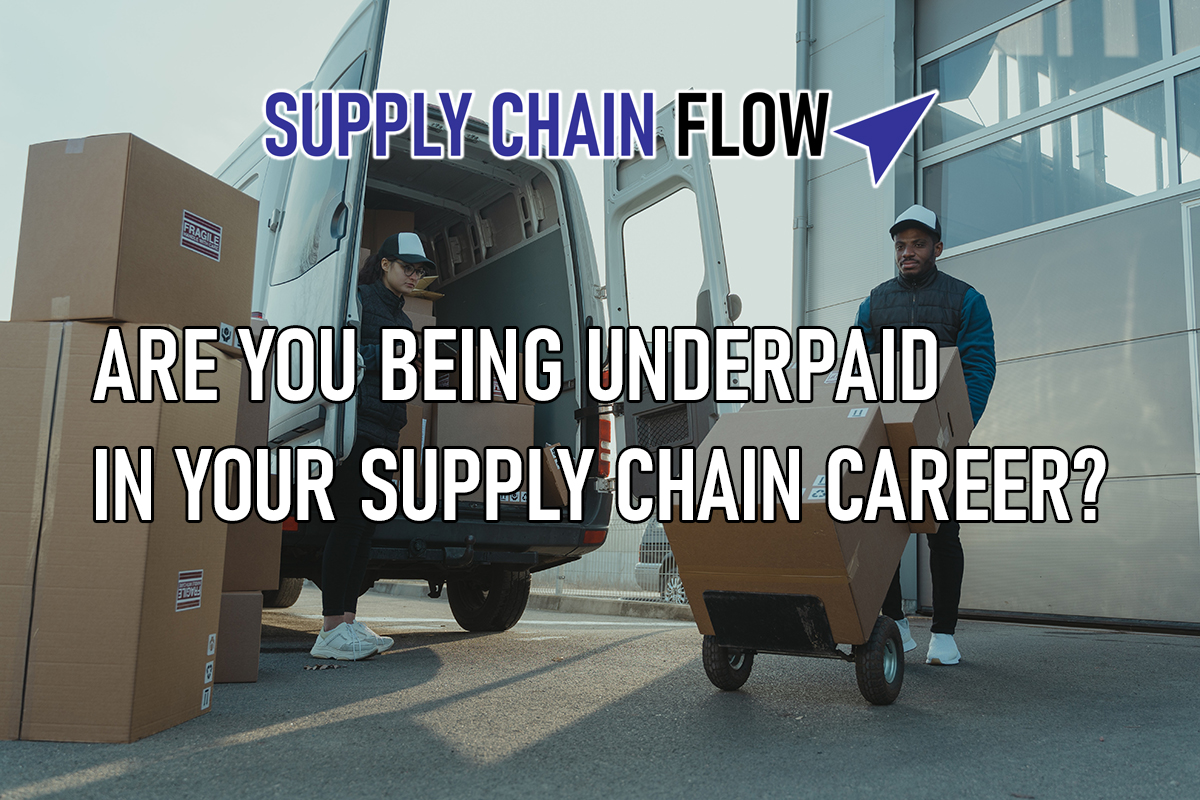
ERP Systems in Supply Chain
If you've started applying to Supply Chain positions, you may see some references to ERP systems in the qualifications or duties sections of job postings. If you're going to work in supply chain, it's important to understand ERP systems and the role they play in managing the end-to-end flow of materials and finished goods.
First off, let's go through some ERP terminology.
What is an ERP System?
ERP stands for Enterprise Resource Planning. Typically it is the main software, or suite of integrated applications, used to manage an entire supply chain for a specific company. ERP Systems include a vast amount of information, not limited to just the material codes or inbound delivery notes.
Some examples of the most widely used ERP software is SAP or Oracle.
You can read Oracle's ERP article here.
What is WMS?
WMS stands for Warehouse Management System. Typically WMS is a subset contained within your overall ERP software, as it houses freight data, material data, and item data.
WMS will typically contain material information needed to pick, pack, deliver, or receive goods into the physical warehouse. It's a way for the warehouse teams to stay organized and look at the material information on pallets without necessarily opening boxes. WMS will typically allow the team to print labels needed to send materials out as well.
What is TMS?
TMS stands for Transportation Management System. There are hundreds if not thousands of these systems out there, with many companies attempting their own in-house flavor of TMS, with varying degrees of success.
The TMS should contain the routing information for all shipments that are travelling. TMS software is more geared towards planning what will go on the trucks and when - and have operators designing multi-stop routes that are optimized for drivers. Some programs will do this more successfully than others.
I typically see a lot of TMS that were clearly designed by programmers and not tested very well for the actual folks working on planning truckloads and routes, so anytime you are considering a switch, make sure to actually have your day-to-day operators testing these systems for usability.
Are there tutorials for ERP systems?
Unfortunately, you will not see many YouTube videos or tutorials on how to use ERP systems. Why is that? Well, a little something called IP - intellectual property. ERP systems in Supply Chain specifically really drive home the "pay for seats" mentality, so they keep their software as secret as they can.
Fortunately, every job will train on-the-job, so you shouldn't worry too much about this. Many companies also have customization within their ERP software, so not every iteration of the ERP systems will look the same for every company either. Just being aware of the different ERP systems out there and their main functions should be satisfactory knowledge in an interview situation.



